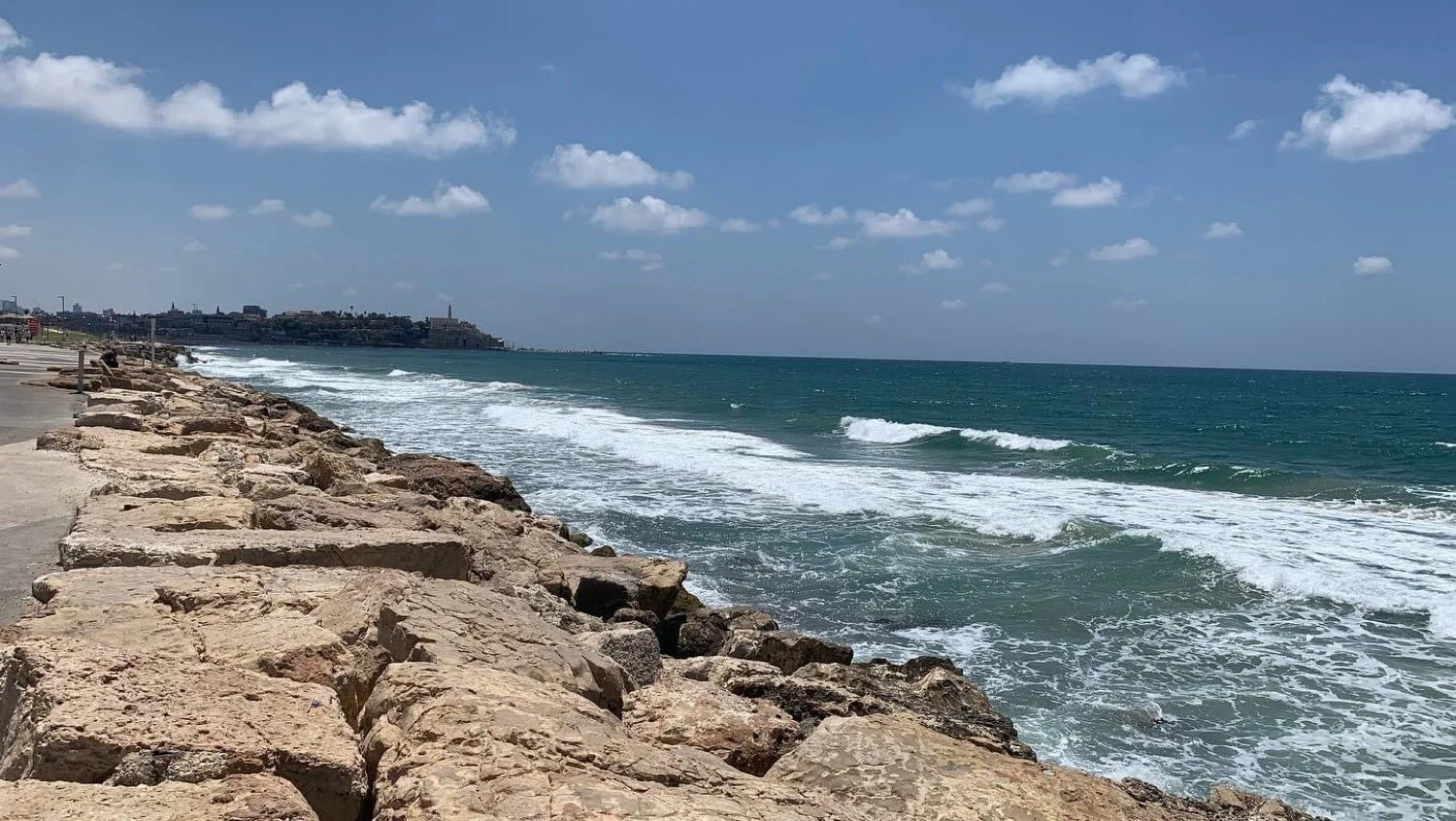Readings for today: Isaiah 5-8
I flew into Tel Aviv on Sunday morning at 10AM. As we descended through the clouds in our 787, I eagerly leaned over my sleeping wife to catch my first glimpse of Israel. She goes by many names. The Promised Land to the ancient Israelites. The Holy Land to many Jews, Christians, and Muslims around the world today. Israel to her Jewish citizens. Palestine to the Arabs. The “vineyard of the Lord” to an Israelite prophet named Isaiah. That last moniker is admittedly hard to see at first. It’s a dry arid land. But Israel specializes in “desert agriculture.” Whereas the rest of the world fights against encroaching desertification and the degradation of fertile farmland, the people of Israel specialize in transforming the desert into fruitful, agricultural fields. They invest 4.3% of their GDP in agricultural research and development, provide 95% of their own food supply, and are a major exporter of fresh produce. It’s truly a miracle and a glimpse of the picture Isaiah once saw all those years ago.
“Let me sing for my beloved my love song concerning his vineyard: My beloved had a vineyard on a very fertile hill. He dug it and cleared it of stones, and planted it with choice vines; he built a watchtower in the midst of it, and hewed out a wine vat in it; and he looked for it to yield grapes, but it yielded wild grapes.” (Isaiah 5:1-2)
Our guide is a man named Rami. He is Israeli by citizenship, having been born in Nazareth. He is Palestinian by nationality. He is Arab by ethnicity. He is Christian by religion. Listening to him share his story is fascinating as he sits personally at the intersection of so many of the political and social dynamics in play in this country. He is a joyful man. He laughs easily. He clearly loves his land and loves his people. He wishes for peace. You can literally hear the longing in his voice for a day when all the different tribes and faiths who lay claim to this land will humble themselves together before the Lord. However, you can also hear his despair. As I listen to him, I think about the call on Isaiah’s life and wonder if he ever felt some of the same despair as well?
“And the Lord said, “Go, and say to this people: Keep on hearing, but do not understand; keep on seeing, but do not perceive.’ Make the heart of this people dull, and their ears heavy, and blind their eyes; lest they see with their eyes, and hear with their ears, and understand with their hearts, and turn and be healed.” Then I said, “How long, O Lord?” And he said: “Until cities lie waste without inhabitant, and houses without people, and the land is a desolate waste, and the Lord removes people far away, and the forsaken places are many in the midst of the land. And though a tenth remain in it, it will be burned again, like a terebinth or an oak, whose stump remains when it is felled.” The holy seed is its stump.” (Isaiah 6:9-13)
So where does Isaiah find hope? Where can Rami find hope? Where can we find hope even as we pilgrimage through this weary land the Lord loves so much? We can trust only in God. We cannot fall prey to falsehood and conspiracies. We cannot trust those who would seek power and privilege at the expense of others. We cannot assume human governments will do justice and love mercy. We cannot give into fear though we undergo all kinds of violence and suffering and heartbreak and pain. No, we must heed Isaiah’s call. “The Lord of hosts, him you shall honor as holy. Let him be your fear, and let him be your dread. And he will become a sanctuary…” (Isaiah 8:13-14a)
Readings for tomorrow: Isaiah 9-12
